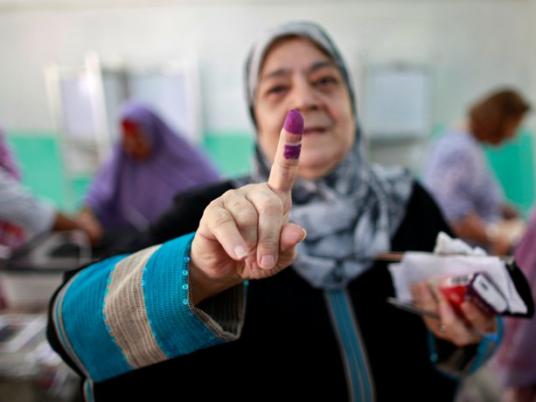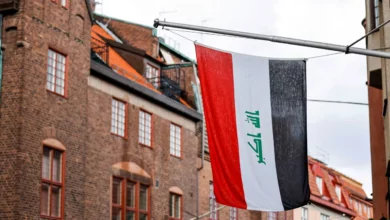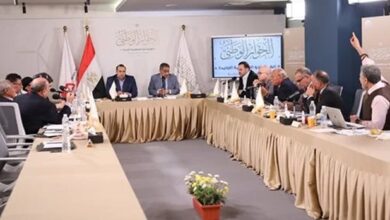A conference on the role of the Egyptian press in religious discrimination took place last Saturday at the headquarters of the opposition Democratic Front Party. The conference, organized by Masryoun Against Religious Discrimination (MARED), brought together researchers and human rights activists to discuss issues relating to news media and citizenship rights.
“The purpose of the conference this year is to combat discrimination which is a big problem that has steered tensions in recent years in Egypt,” said Mohamed Mounir Mugahad, the general coordinator and founder of MARED, an organization which gathers human rights activists and researchers to promote equality among minorities in Egypt. “Over the past two years the state has realized the importance of many of our recommendations, like ridding school curricula of discriminatory content.”
The conference was split into four discussions to help media representatives form a code of ethics to deal with sectarian issues. The first session included reports from media activists and researchers about media coverage of sectarian issues in Egypt. The second session was an open discussion with journalists about problems they face covering minority issues.
“We must understand the role of media nowadays. Media is more effective than the parliament in forming public opinion,” said Ahmed Samih from the Andalus Institute for Tolerance and Anti-Violence Studies. “Media workers in Egypt are more bound to their wages; there is no journalist-conscience that appears in their writing. They just cover news with minimal effort.”
He added that activists and workers concerned with discrimination should campaign against media organizations that raise the sectarian tensions, saying that “media organizations should work on issuing a publication (style book) governing their code of ethics on minority issues.”
Basma Mousa, a prominent Baha’i activist, talked about the need for journalists to seek primary sources when tackling any issue. “The media should seek the truth from its sources when writing stories, especially on sensitive issues like discrimination.” She referred to a story covered by Haqiqa TV and the state-owned Al-Gomhorriya newspaper in 2009 that caused people to torch the houses of Baha’is in Upper Egypt.
Media double standards, especially in dealing with Egyptian Christian issues, were highlighted in the 11-hour long conference. “When it comes to the difficulties of building places of worship for Christians, Baha’is or Shias in Egypt, nothing is reported. But when there was a memorandum banning minarets in Switzerland, it was covered by most of the media in Egypt,” said Nader Shoukry, the media officer of MARED.
Shoukry mentioned examples of Christians who were not allowed to build churches. “In Giza as well as in Helwan, the state prevented Copts from raising crosses, bells, and even Christian alters… instead they were asked to pray in their homes.”
The third session dealt with religious media in Egypt and its role in widening the gap between different faiths.
The fourth and final session presented recommendations, some of which included that the media should promote awareness about citizenship rights and that media outlets preaching religion-based hatred or discrimination should have their licenses revoked.
Around 140 people attended the conference, most of whom were media specialists, researchers and activists. “I think discrimination results from a failure to create an Egyptian secular nation that separates religion from the state, which is mainly a result of the totalitarian regime that took power in 1952,” says Ayman Salem from the Ibn Khaldun Center for Development Studies. “It’s a problem of a state that blocks the freedom to build places of worship for minorities and deprives Egyptian Christians from serving in high positions at universities, police forces, and state-owned media.”
“The issue of discrimination has increased in Egypt over the last 60 years,” says Osama el-Ghazali Harb, head of the liberal Democratic Front Party. Harb believes that this is due to three main reasons: the authoritarian regime, conservative Islamic culture imported from the Gulf states, and illiteracy, which all contribute to discrimination in Egypt.
Harb said that MARED, which abides by a human rights protocol, encouraged his party to host their third annual conference at their headquarters.
The first two conferences in 2008 and 2009, which took place at the Tagammu Party office, were both originally planned to be hosted by the journalist syndicate. The later organization closed its doors in the face of the conference, forcing them to seek out opposition parties for an alternate venue.




